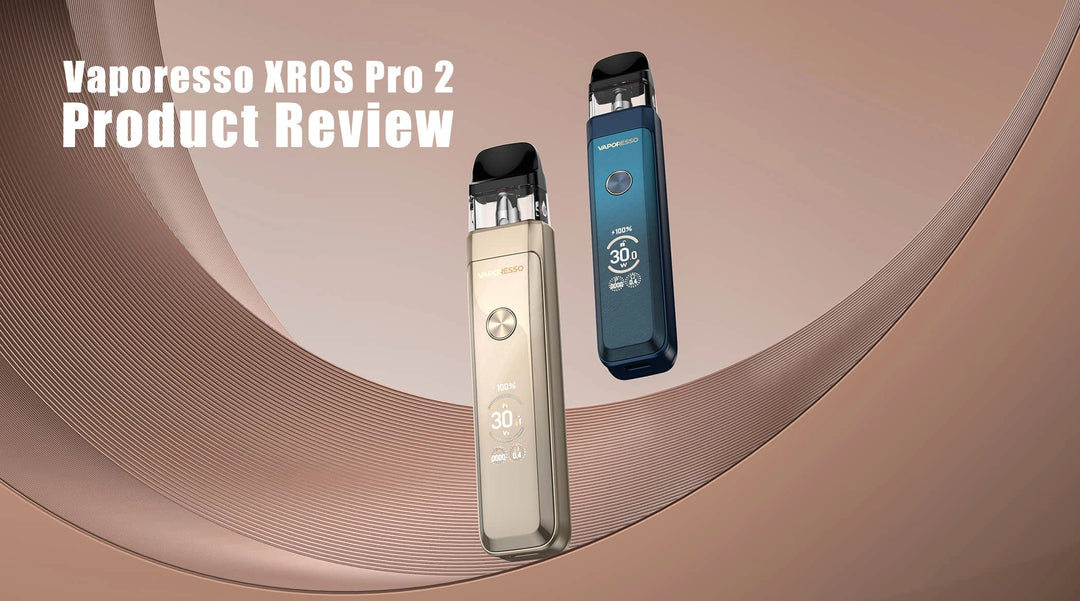The Beginners Guide to CBD
What is CBD? Unravelling the Mystery of Cannabidiol
Cannabidiol, or CBD, is one of the myriad compounds found in the cannabis or hemp plant. Unlike THC (tetrahydrocannabinol), the component in cannabis responsible for the 'high', CBD is non-psychoactive. This means that it doesn't cause the sensation of intoxication, which has made it a topic of interest for its potential applications in health and wellbeing.
You might have noticed an increase in CBD products hitting the market, ranging from oils and tinctures to topical creams and edibles. This surge is partly due to the anecdotal benefits users have reported, including reduced anxiety, improved mood, and pain relief. While much of the evidence is still emerging, research is catching up with public interest to understand the full spectrum of CBD's properties.
It's important to note that while CBD is legal in the UK, it must meet strict criteria. Any product you come across is derived from hemp strains specially cultivated to contain high levels of CBD and minimal levels of THC, ensuring they're legal and won't impair your daily activities. The conversation around CBD is evolving as science uncovers more about its potential uses and effects, which means there's always something new on the horizon for this fascinating compound.
Understanding CBD and the Cannabis Plant

CBD is a notable compound you'll find in the cannabis plant. Unlike its counterpart THC, it won't cause any sort of 'high'.
Difference Between CBD and THC
Think of the cannabis plant as a box of chocolates; each cannabinoid has a different flavour. Cannabidiol (CBD) and Tetrahydrocannabinol (THC) are the two main components out of over a hundred cannabinoids in the Cannabis sativa plant. Here's the key difference: THC is psychoactive, which means it's the stuff that gives you a 'high'. On the flip side, CBD has calming properties, but it won't mess with your head.
- Psychoactive Effects: THC Yes, CBD No
- Legal Status: THC is regulated or illegal, CBD is generally legal
CBD Sources: Hemp vs Marijuana
Now, let's talk about where you can get your CBD from. You've got two sources: hemp and marijuana. Hemp is loaded with CBD and has only trace amounts of THC. That's why you'll find it in everything from health supplements to beauty products. Marijuana, however, has more THC.
- Hemp: High CBD, Low THC (<0.3%)
- Marijuana: Higher THC, variable CBD
By understanding CBD and its relation to the cannabis plant, you're better equipped to choose products and know what you're putting into your body.
Health Benefits and Medical Uses

CBD is a non-intoxicating compound you might've heard a lot about lately. It's known to help with a range of health conditions without causing the 'high' associated with THC in cannabis.
CBD's Role in Pain Management
CBD's popularity has soared, partly because it's been noted to help manage chronic pain. If you're grappling with this kind of pain, studies suggest CBD might reduce inflammation and thereby relieve pain. You could consider it as a complementary therapy, but remember to consult your doctor before trying something new, especially if you're already on medication.
CBD and Mental Health
Numerous individuals claim CBD has shown some promise in managing their symptoms of anxiety and depression. Small-scale studies have observed a reduction in anxiety-related behaviours in people with anxiety disorders. While it's not a cure, it's gaining attention as a potential supplemental treatment to improve mood and reduce stress.
Epilepsy and CBD: A Focus on Epidiolex
Epilepsy is a serious condition that causes recurrent seizures. CBD's potential as a treatment for seizures, especially in rare forms like Dravet syndrome and Lennox-Gastaut syndrome, has been a game-changer. Epidiolex, a prescription CBD product, has been approved for use in these cases. If you're considering it for epilepsy, getting advice from a specialist is your best bet.
Potential Side Effects and Safety Concerns

When exploring the use of CBD, it's vital to be aware of its potential side effects and safety concerns, as well as heed advice from healthcare professionals for a more informed experience.
Common Side Effects
CBD is generally well-tolerated, but like any substance, it can cause side effects. Here's a heads-up on what you might encounter:
- Fatigue: Feeling unusually tired is a possible reaction.
- Drowsiness: Operating machinery or driving could be risky if you feel drowsy.
- Diarrhoea: Your stomach might not always agree with CBD.
- Appetite Changes: You might notice a decrease in your hunger levels.
- Mood Swings: Look out for any uncharacteristic changes in your mood.
It's also key to consider purity when choosing CBD products, as the presence of contaminants could contribute to side effects.
Usage Advice from Healthcare Professionals
Healthcare professionals stress the importance of monitoring for side effects, particularly if you're:
- Pregnant or Breastfeeding: The safety of CBD in these conditions isn't established, so it's usually advised to avoid it.
- Concerned about Male Fertility: Some studies suggest CBD might affect it, so keep this in mind.
- Always check for interactions with other medicines you are taking.
Products and Dosage Guidelines
There's a vast range of CBD products out there and finding your perfect dosage can seem tricky. Let's break down the different forms and how to figure out the right amount for you.

Different Forms of CBD Products
So, you're looking to try CBD? Good on you! Let's have a gander at what's available:
- CBD Oil & Tincture: These usually come in bottles with droppers. They're great for precise dosing and can be taken sublingually (under the tongue) for quick absorption.
- Capsules & Softgels: If you're after consistency and convenience, these are spot on. Each capsule has a set dose, so there's no guesswork involved.
- Gummies & Edibles: Fancy a treat? These tasty options incorporate CBD into food like sweets and chocolates. They take a bit longer to kick in, though, because they pass through your digestive system.
- Patches, Sprays & Topicals: For targeted relief, you might opt for these. Patches release CBD slowly over time, while sprays and creams can be applied directly to a specific area.
- Vapes: If you're looking for quick effects, inhalation through vapor is the fastest way to get CBD into your system. Just remember, the safety of vaping is still being researched, so proceed with caution.
- Drinks: Yep, you can even sip your CBD. Infused waters and teas are becoming more popular.
Determining the Right Dosage
Figuring out how much CBD you should take isn't an exact science, but here's a nifty guide to get you started:
- Start Low and Go Slow: Begin with a small dosage, like 5-10 mg, and gradually increase until you find what works for you.
- Quality Matters: Ensure you're using high-quality products with clear labelling to know exactly what you're taking.
- Listen to Your Body: Everyone's different, so a dose that works for a mate might not suit you. Pay attention to how you feel, and adjust accordingly.
- Consult Experts: If you're feeling a bit lost, healthcare professionals can be a big help, especially when considering your health history and other meds you might be on.





